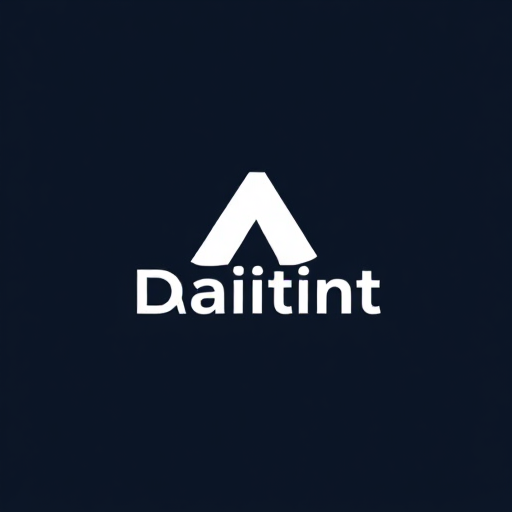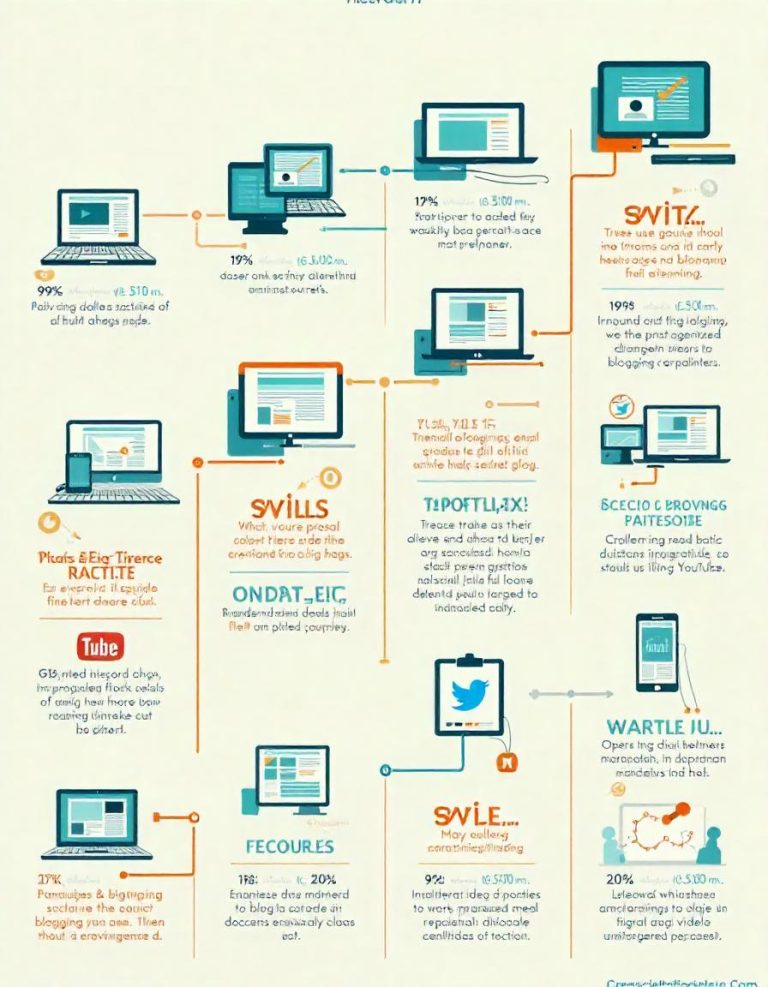Content Writing And Blog Difference
Content Writing and Blogging: Understanding the Difference
While the terms content writing and blogging are often used interchangeably, they refer to distinct forms of writing that serve different purposes. Both are essential in the digital world, contributing to online visibility, audience engagement, and marketing strategies. However, understanding the differences between content writing and blogging is key to effectively using each type in its proper context.
Find Out How To Make Money As A Full-Time Writer/Blogger Guide.
What is Content Writing?
Content writing is a broad term that refers to the creation of written material for various digital platforms. Its purpose can vary, including providing information, educating, persuading, or promoting a product or service. Content writing covers a wide range of formats, such as website copy, articles, social media posts, product descriptions, whitepapers, email newsletters, and more.
Key Characteristics of Content Writing:
- Versatile Formats: Content writing includes various forms such as web pages, emails, landing pages, and technical documents.
- Targeted Objective: Content writing is often goal-oriented. Its purpose might be to educate, convert readers into customers, or build brand authority.
- Formal and Professional: Depending on the platform, content writing can often take on a more formal tone, especially for business websites, technical guides, or B2B materials.
- Search Engine Optimization (SEO): Content writing often incorporates SEO techniques to increase the visibility of a website in search engines by using targeted keywords.
What is Blogging?
Blogging is a specific type of content writing, typically found in a blog format. Blogs are informal articles written on websites to engage readers on various topics. While blogs can cover a wide range of subjects, they tend to focus on personal experiences, industry insights, or topical issues. Blogging is a key tool in digital marketing strategies, particularly for driving website traffic and improving SEO performance.
Key Characteristics of Blogging:
- Informal and Conversational: Blogs are often more personal and conversational in tone, designed to engage readers and provoke discussions.
- Regular Updates: Blogs are usually updated frequently, often featuring new content weekly or even daily, depending on the site’s goals.
- Engagement-Focused: Blogs encourage interaction, often prompting readers to comment, share, or engage with the content. The goal is to create a community around a specific topic.
- Storytelling: Blogging often includes storytelling elements, offering a personal or narrative approach to information, making it relatable for readers.
You Can Start A News Blog To Get Fast Grow
Key Differences Between Content Writing and Blogging
- Purpose and Focus
- Content Writing: The primary goal of content writing is often to provide valuable information, educate the audience, or drive conversions through targeted messaging. It focuses on communicating specific points that align with business or marketing objectives.
- Blogging: The primary goal of blogging is to engage and build a relationship with readers. Blogs can provide information, but they are also meant to entertain, inspire, and foster community involvement.
- Tone and Style
- Content Writing: Tends to be more formal or professional, depending on the type of content (e.g., technical writing, product descriptions). The tone may vary to match the brand or platform but is generally less personal.
- Blogging: The tone of blogs is usually casual and conversational, with bloggers often using first-person language and speaking directly to the audience. It aims to create a personal connection with readers.
- Content Variety
- Content Writing: This term covers a broad range of materials, including web copy, press releases, whitepapers, and social media posts, which may be more structured and focused on providing factual information or persuasion.
- Blogging: Blogs are a subset of content writing, primarily consisting of regularly updated articles or posts. Blogs tend to focus on specific topics or personal experiences.
- Audience Interaction
- Content Writing: Content like web pages or product descriptions may not always encourage interaction. The goal may be to inform rather than engage in a conversation.
- Blogging: Blogs usually have a comments section and are written in a way that encourages readers to engage with the content by sharing their thoughts, questions, or experiences.
- SEO Use
- Content Writing: While SEO is important across various types of content, certain types of content writing (like web pages or technical documents) may prioritize clarity and conciseness over keyword optimization.
- Blogging: Blogging heavily relies on SEO to attract organic traffic. Blog posts are often optimized with keywords, internal links, and meta descriptions to improve search engine rankings.
Get 20 Blog Post For A Price Of Coffee: Content Is King
How Content Writing and Blogging Complement Each Other
Although content writing and blogging differ, they often work hand in hand as part of a comprehensive digital marketing strategy. Here’s how they complement each other:
- Improving SEO: Blogging helps boost SEO by providing fresh, keyword-optimized content that search engines favor. Content writing, such as web copy or landing pages, ensures that once visitors arrive at a website, they receive relevant information that meets their needs.
- Establishing Authority: Blog posts often cover a variety of topics in-depth, showcasing a brand’s expertise. Content writing solidifies that authority by offering detailed, professionally written web pages, eBooks, or whitepapers that further build trust with the audience.
- Lead Generation: Blog posts can serve as entry points for new visitors, who might be directed to landing pages or product descriptions written by content writers. Together, they can guide the reader through the customer journey from awareness to conversion.
- Audience Engagement and Conversion: Blogging builds ongoing engagement by encouraging readers to return for updates, while content writing ensures that once they are engaged, they are guided through a seamless user experience, whether it’s signing up for a newsletter or making a purchase.
Content writing and blogging are integral parts of the digital landscape, each with its unique function and style. Content writing focuses on conveying information, driving conversions, and serving specific business goals. Blogging, on the other hand, is about engagement, storytelling, and building community. Understanding the differences between the two allows businesses and writers to strategically deploy each to meet specific objectives and connect with their audience effectively.







